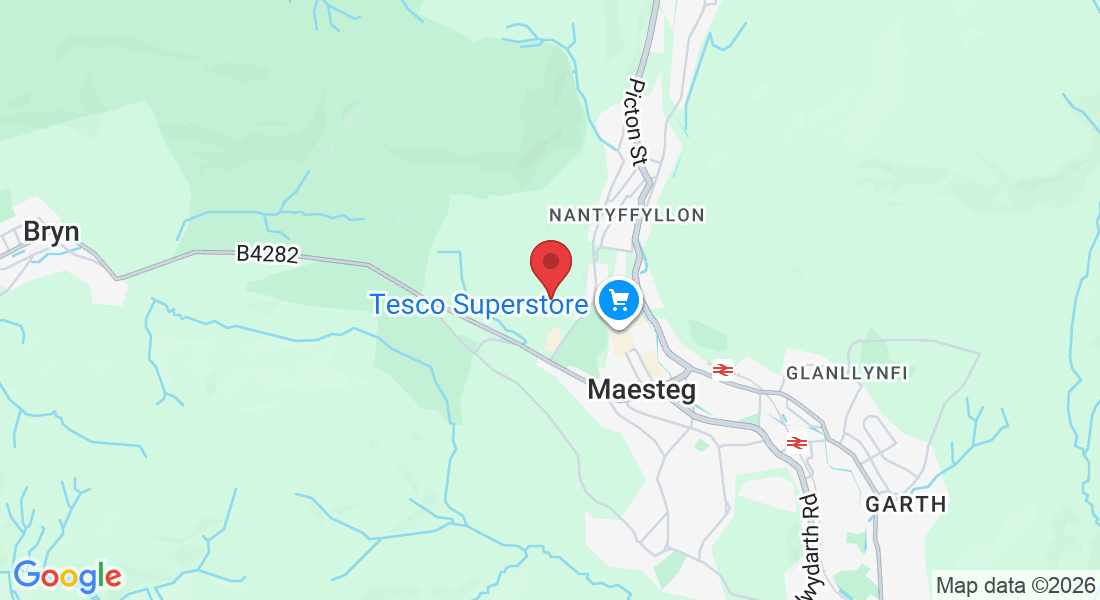Face to Face Health & Social Care Courses
Check out our courses below, we can bespoke these to your needs and/or you can mix and match them.
email us on info@lifelinetrainingoperations.co.uk for a quote
Diabetes Awareness
Diabetes is a serious lifelong health condition that occurs when the amount of glucose, or sugar, in the blood is too high. If left untreated, high blood glucose levels can cause serious health complications. This course is aimed at people working in the health and social care sector and will provide an overview of the condition, the common symptoms that might indicate someone has diabetes, methods of diagnosis, some possible treatments and common complications that can affect those with the condition.
Dementia Awareness
This course is intended to give you an overview of the common types and symptoms of dementia as well as going into how it can affect the brain in different ways. It also covers strategies to use with clients with dementia and dealing with challenging behaviour. The course is intended for anyone who works with or around people that may be living with dementia.
Autism Awareness
This course will provide you with an understanding of what autism is and how it affects a child's daily life. It will touch on some of the typical behaviors associated with it and how to can provide effective support for those with the condition. It also discusses what happens during the diagnosis process, some of the intervention methods that can help manage the condition and suggests some simple adaptations you can make to improve a child with autism's day to day life.
Epilepsy Awareness
This course will give you an overview of epilepsy. It lists the methods of diagnosis, what a seizure is and how the brain can be affected. It will introduce some possible seizure triggers and describe what to do when someone has a seizure. It will also discuss some of the treatments offered to people with epilepsy and provide practical advice on what you can do if you witness someone having a seizure.
Introduction to the Safe Handling of Medicines
This Introduction to the Safe Handling of Medicines course will start by explaining the key terminology used when handling medicines. It then goes into detail about the roles of the people involved, some of the different groups of medicines, providing different levels of support to patients, infection control, label interpretation and much more.
Nutrition and Hydration
This course will start by defining the various terms used when talking about nutrition and hydration in care environments, the basic elements of nutrition and eating a healthy balanced diet, identify the reasons why vulnerable people might suffer with dehydration and the tools you can use to identify people that are at risk of malnutrition and the steps you can take to deal with this condition.
Moving and Handling People
The course outlines the dangers and legislation that applies to moving and handling people as well as showing a range of techniques and equipment that can be used. The course also highlights the importance of proper risk assessments and care plans.
Health and Safety in a Care Setting
Care Homes are different to other workplaces as they are homes as well as places of work. They should be places where the residents are respected, and where everyone's health and safety is managed effectively. To achieve this, everyone involved must understand their responsibilities. This course discusses the legislation that applies to care homes along with developing safe systems of work. It also covers what to do in some common situations you might encounter as well as some emergency situations. It concludes by discussing some aspects of the work environment and staff welfare.
Fire Marshal for Care Homes
The main outcome of this training course is to provide you with the knowledge to carry out the functions of a fire marshal. Please note, this course also contains all of the content in the Basic Fire Awareness and Fire Extinguisher courses. This course is a variation on the Fire Marshal course that contains information that is specific to employees of care and residential homes.
Learning Disability Awareness
This course will start by giving you an overview of some of the common types and causes of learning disabilities and how they affect people. It will touch on how a person centred approach to care will get the best results and look at how management must perform, and at the needs of the individual. I will also discuss overcoming the stigma attached to learning disabilities and much more.
Mental Capacity Act and Deprivation of Liberty Safeguards (MCA and DOLS)
This course describes in detail the many facets and procedures of the Mental Capacity Act. This includes who the act affects, when it applies, how to assess capacity and the procedures that can be put in place in the home or workplace to ensure best practices are followed and people are treated fairly at all times.
Person-Centred Care
This course will give you an understanding of person centred approaches for care and support, and how to implement a person-centred approach in an adult social care setting. It starts by explaining what we mean by person centred care and where this term originated. It then goes on to analyse the values represented by person centred care and explains why care should be as much as possible tailored to each service user. Finally it will give you an overview of care plans, daily reports, the importance of obtaining consent and much more.
Infection Control
This course will start by defining infection prevention and control and explaining the impact of good and bad infection control.
It then goes into detail about the legislation that applies to infection control, the different types of microorganisms, how bacteria are transmitted, the chain of infection, and much more.
Handling Information in a Care Setting
This course provides an introduction to the concept of handling information in care settings. At the end of the course you will understand the need for secure handling of information and you will know how to access support if you have any questions regarding access to information. The course will cover the important role confidentiality plays in developing trusting relationships with the people in your care and it will define key terms such as 'need to know' and 'consent'.
Equality, Diversity and Discrimination
In this course we're going to be discussing two topics, 'equality' and diversity' and how they relate to one another.
Understanding this will help us to identify and address issues of unfairness and discrimination in the workplace.
End of Life Care
End of life care should be several things, compassionate, cost effective, holistic and effective. There are usually a number of people involved in the care of people at the end of their life and it can be a difficult process to be part of. This course will provide you with information about what to expect, how to handle some of the emotions associated with this time, and working with the other professionals involved in end of life care.
Duty of Care
A duty of care is the requirement that all health and social care professionals, and organisations providing health and care services, must put the interests of service users first. This course will give you an introduction to the concept of duty of care, cover how duty of care affects your work, what to do if you come across a duty of care dilemma and where to go for support or advice along with some practical examples of duty of care situations.
Dignity and Privacy
The course will start by defining dignity and privacy within the healthcare sector, and will explain how the two are quite often linked.
It will then go on to give you a range of useful professional tips about setting up the right working relationship with your service users, and discuss some of the issues that can arise when dignity and privacy are not respected.
Safeguarding Adults
This course is aimed at anyone who has a duty of care for, or comes into contact with, adults in need of care and support, either as a paid professional or a volunteer. You and the organisation you work for must take appropriate measures for the protection of adults in your care, while still ensuring they are supported and empowered. This course can bring you one step closer to being able to do this.
Safeguarding Children
Safeguarding is a term that describes the work and processes undertaken to minimise and manage the risks involved to vulnerable children. During this training video you will hear many facts, figures and details surrounding the risk to children, the types of abuse suffered, how to recognise the signs of abuse and key safeguarding legislations put in place to minimise the abuse of children.
Sharps Awareness
In this course you'll learn about the prevalence and different types of 'sharps litter' that can be found in the UK. It then covers the primary and secondary risks from sharps including some of the common blood borne viruses. It also covers the responsibilities of employers, the equipment needed and the effectiveness of PPE. Finally, it'll cover how to report discarded sharps and the correct procedures to follow if you're unlucky enough to receive a sharps injury.
Stroke Awareness
Strokes are the fourth single leading cause of death in the UK, as well as a leading cause of disability. Being aware of the causes and symptoms will help you act fast in a situation where you suspect someone is having a stroke and provide them with the best chance of receiving the treatment they need and minimising the long term impact of the condition. This course will cover the types of strokes, the symptoms, and risk factors. It will also cover the treatment options and the longer term impact of the condition.
Understanding your Role in Care
This course will define social care and talk about why people choose it as a career and what its goals and objectives are. It will also cover job descriptions, person centred care, understanding code of practices and the basics of government legislation. Finally it will touch on dealing with conflicts at work.
The Care Certificate
The Care Certificate is a nationally agreed set of standards that detail the learning outcomes and requirements that health and social care support workers are expected to be trained in before they can work unsupervised.

Driving Growth, Amplifying Impact
Barbara Rees

Worthy of a five star rating
I recently attended a Mental Health Awareness course with Lifeline. This is the second course I have attended through this company, the first being an EFAW course. Yet again Andrew proved to be not only extremely knowledgeable and professional, but patient and empathetic, with a nice way of involving the participants without making them feel awkward or embarrassed. I highly recommend this company and would not think of using any other training company should the need arise.
Kat Bowen

GREAT
Had my first, first aid course today and it was thoroughly enjoyable. The trainer who was named Kynan was very friendly, made us feel at ease while giving us lots of information throughout the day and was open to as many questions as we wanted to ask. Come away feeling a lot more confident knowing if an incident happened I’d be able to help someone in need. Highly recommend anyone to go on a course with life line training and I am definitely going to look into more training they have on offer. Thanks again
Steve Ward

Outstanding course
Outstanding course after a few lapsed years of my first aid qualification, the instructor was well engaging and informative throughout the 3 day duration. the updates and the amendments were outlined in great detail to past regulations.
The kit and equipment was of the highest quality and in great supply to meet the needs of the group.
Handouts and the course materials and media were exceptional and easy to follow allowing the instructor to elaborate and talk in depth of the modules being taught

